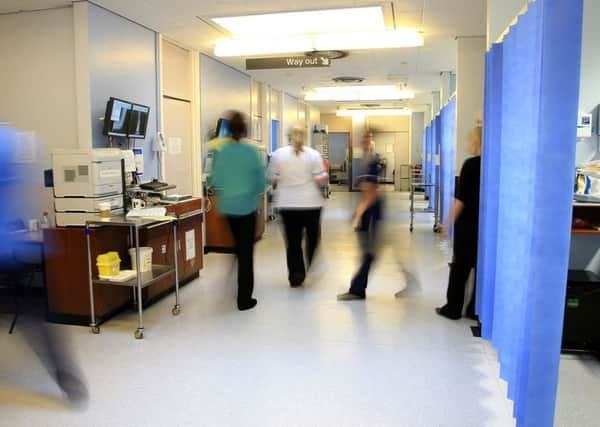The Yorkshire Post says: Postcode lottery for surgery goes against principles of the NHS


However, in Yorkshire thousands of patients are being subjected to a postcode lottery for treatment - with rules for some areas of the county restricting their access to routine operations. Almost 2,500 patients in the Vale of York have been barred from non-urgent surgery for up to 12 months unless they shed weight or give up smoking, while in Rotherham tougher thresholds for pain and disability suffered by patients before they can undergo surgery have been introduced in a bid to save money. The new limits have helped save £1.2m in the latter area, including £700,000 on hip and knee replacements.
Such measures have been ruled out in West Yorkshire and Sheffield, highlighting that a person’s access to treatment is potentially dependent on where they live as much as their medical condition. While ‘non-urgent’ treatments like hip replacements may not be life-saving, for patients they can dramatically improve their quality of life and stop them suffering daily pain and distress.
Advertisement
Hide AdAdvertisement
Hide AdAlthough the NHS Vale of York Clinical Commissioning Group has suggested losing weight or stopping smoking “can relieve symptoms altogether”, in many cases postponing operations may end up costing the NHS more because patients’ conditions will be more complex when they are finally treated.
While the NHS should encourage people to give up cigarettes and eat more healthily, restricting access to necessary surgery sets a concerning precedent on where health chiefs draw the line in deciding who deserves treatment. The question goes back to other core principles of the NHS; that treatment should be based on clinical need and meet the needs of everyone.